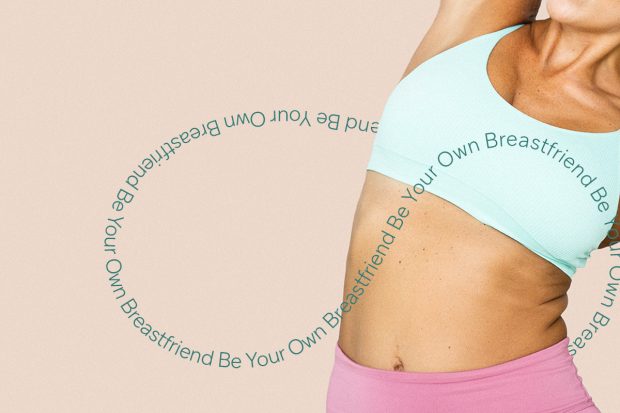
Are you as confused about breast cancer as I am? While there’s a great deal of information available to us at any given hour of any given day, not all of it’s accurate. Here’s a look at 5 common myths you may have heard about breast cancer and the cold hard facts behind them. Let’s dig in.
MYTH #1: Breast Cancer Only Develops in Middle-Aged and Older Women
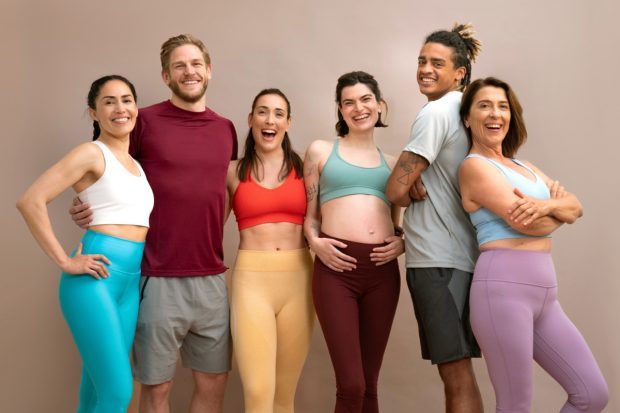
FACT: Younger women can and do get breast cancer, as do men.
While it’s true that being female and growing older are the main risk factors for developing breast cancer, around 5% of invasive breast cancers are diagnosed in women under age 40 each year. And yes, 5% does sound small, but it isn’t zero. Think about it this way: One in every 20 invasive breast cancer cases occurred in women under 40.
Women of any age should carry out regular self-checks for abnormalities and changes in their breasts and schedule annual mammograms. The problem is, many doctors buy into the myth that women in their 20s and 30s don’t get breast cancer. But if you have a strong family history of breast cancer, you may want to start your screening sooner. Early detection plays a vital role when it comes to the successful treatment of breast cancer.
Related: 5 Healthy Foods That Help Reduce the Risk of Breast Cancer
MYTH #2: Only Women Get Breast Cancer
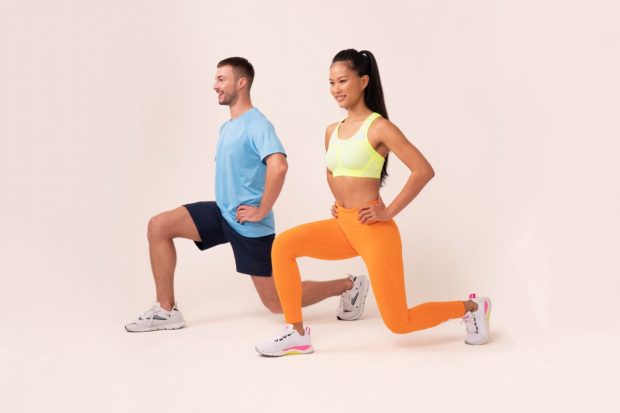
FACT: Breast cancer doesn’t play favorites when it comes to choosing its victims.
Like women, men have breast tissue, making them at risk for breast cancer, too. Based on statistics from The American Cancer Society, in 2022, it’s estimated that around 2,710 new cases of invasive breast cancer will be diagnosed and about 530 men will die from breast cancer.
Although male breast cancer is uncommon, the risk factors are similar to those for women, and if detected early, can be treated effectively.
Related: 5 Ways to Reduce Your Risk of Breast Cancer
MYTH #3: Wearing a Bra Can Cause Breast Cancer
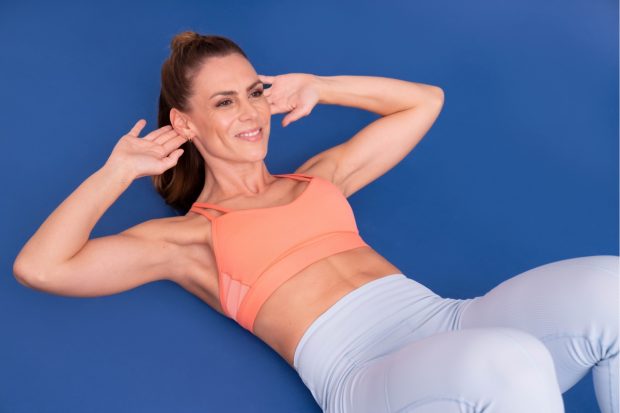
FACT: There is no evidence that wearing a bra causes breast cancer.
Fueled by the media (or any internet search), you’ll find a lot of debate on the linkage between bra-wearing and breast cancer.
And you might have even been exposed to the myth yourself. The theory is that wearing a bra (especially one with an underwire) restricts the flow of lymph fluid out of the breast, causing toxic substances to build up in the tissue.
However, there is no clear evidence to support this claim. A 2014 study of roughly 1,500 women with breast cancer found no link between wearing a bra and breast cancer.
MYTH #4: Deodorants Containing Aluminum Cause Breast Cancer

FACT: No studies to date have confirmed any substantial adverse effects of aluminum that could contribute to increased breast cancer risks.
While two recent laboratory studies have shown environmental aluminum absorption by animal cells and subsequent genetic changes in those cells, there’s been no evidence of a human link.
For starters, environmental aluminum is considered carcinogenic. Further studies are needed to determine if aluminum compounds—those found in deodorants—can be classified as carcinogens.
Secondly, we don’t inject deodorants into our system, and lastly, we’re not mice.
Related: 5 Surprising Signs of Breast Cancer in Women
MYTH #5: Abortions Cause Breast Cancer
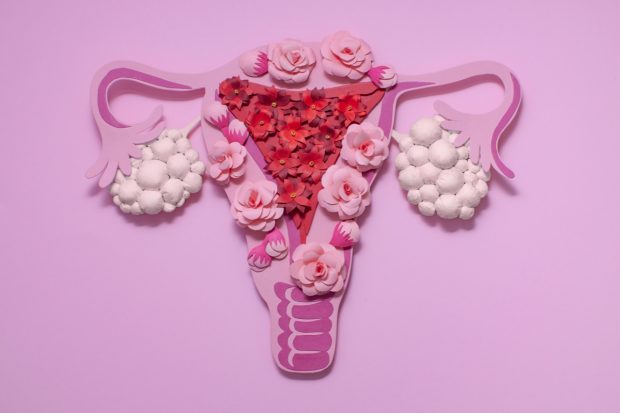
FACT: No, abortions don’t cause breast cancer.
Since the 1970s, activists in the anti-abortion movement have promoted the falsehood that there’s a link between abortion and breast cancer.
And for decades, anti-choice marketers followed suit—advocating a false medical claim that’s had enormous staying power. This scare tactic has muddied the waters about the non-existent link between abortion and breast cancer, which has undermined the medical and scientific community’s consensus.
The bottom line: There’s no evidence of such a link and the claim is not supported by research scientists nor breast cancer activists.
Takeaway
When it comes to breast cancer, It’s hard to separate myth from fact. And while breast cancer is one of the better-known and more-talked-about cancers, there are still so many misconceptions out there. To separate myth from fact, make sure the articles that you read are based on science, not opinion. Arming yourself with knowledge is powerful!
Whether you’re new to fitness or simply want to step up your routine, bring the studio home with 40+ training programs and 500+ workouts perfect for your goals and level.



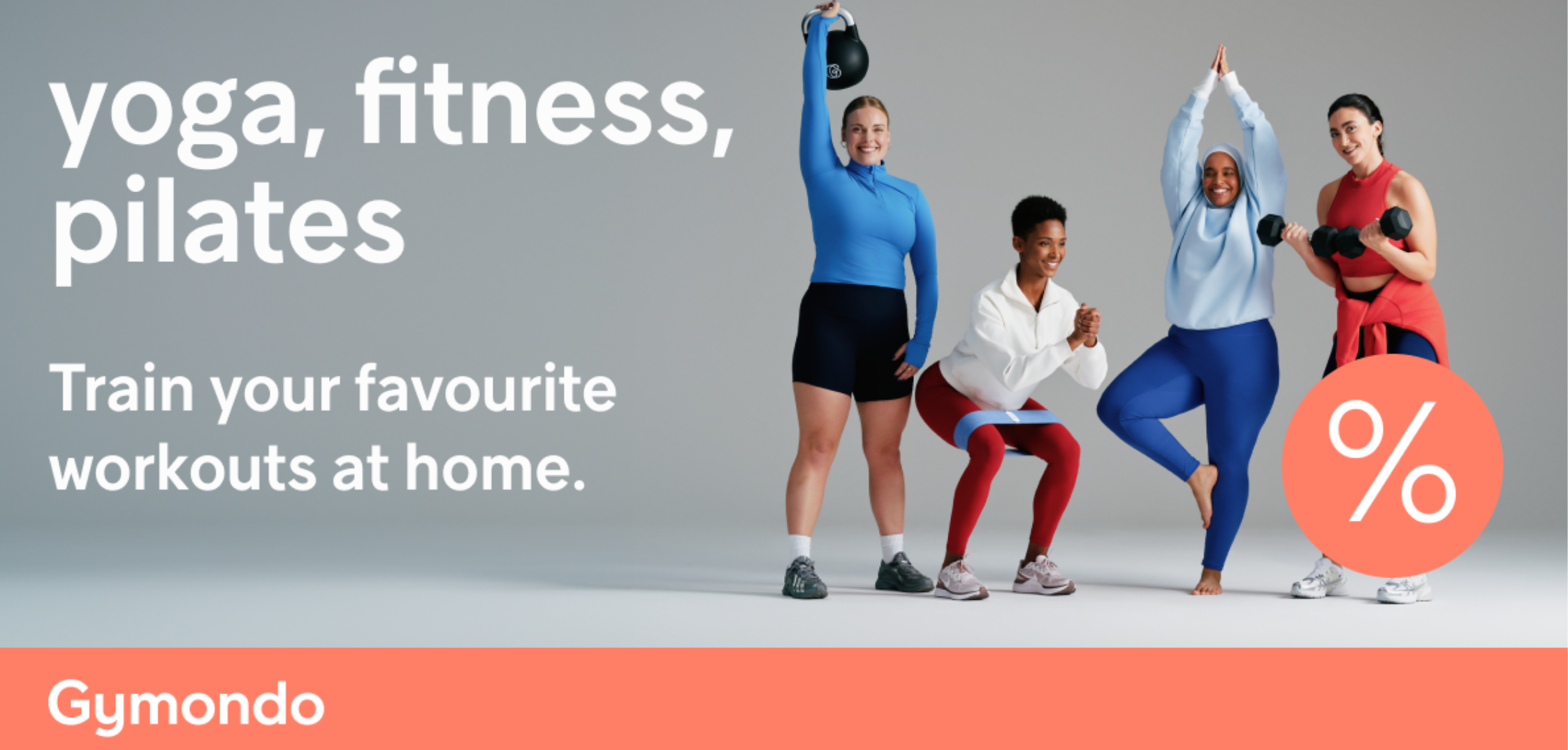
Kommentar schreiben